Optimal Conditions for Concrete Repairs
Concrete repairs are most effective when performed under optimal weather conditions. Temperature, humidity, and precipitation significantly influence the curing process and the durability of repairs. Timing repairs during favorable conditions ensures longevity and reduces the risk of future damage.
Concrete repairs are best done when temperatures are between 50°F and 85°F. Extreme cold or heat can hinder proper curing and adhesion.
Moderate humidity levels support proper curing. Too much moisture can weaken repairs, while too little can cause cracking.
Rain or snow can compromise the integrity of repairs. Scheduling during dry periods minimizes risks.
Spring and early fall often provide the most suitable weather for concrete repairs in Elizabethtown, KY.
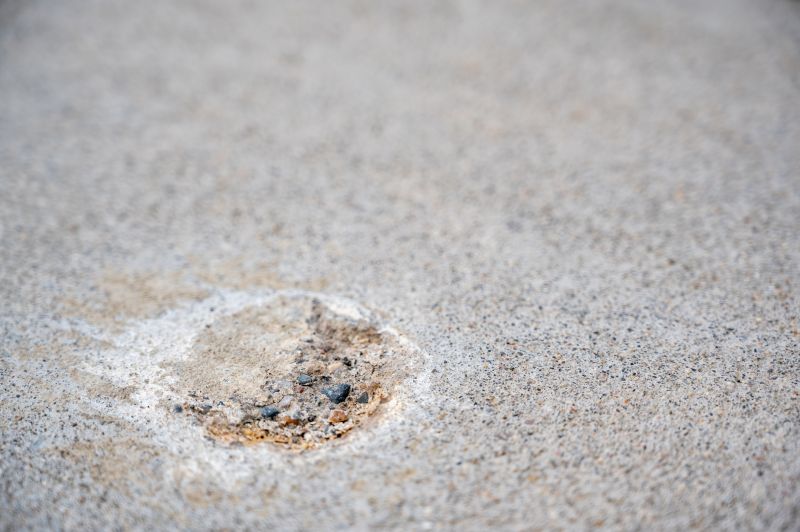
Spring offers moderate temperatures and ideal conditions for repairs.
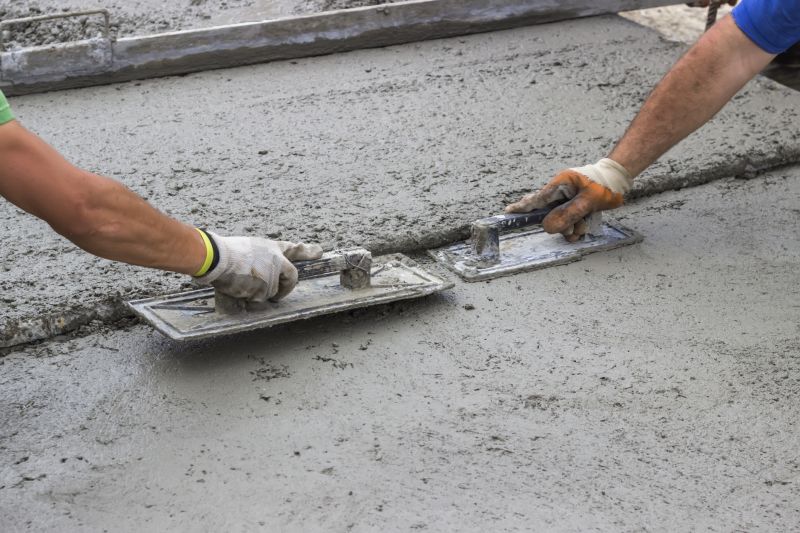
Early summer can be suitable if temperatures are not excessively high.
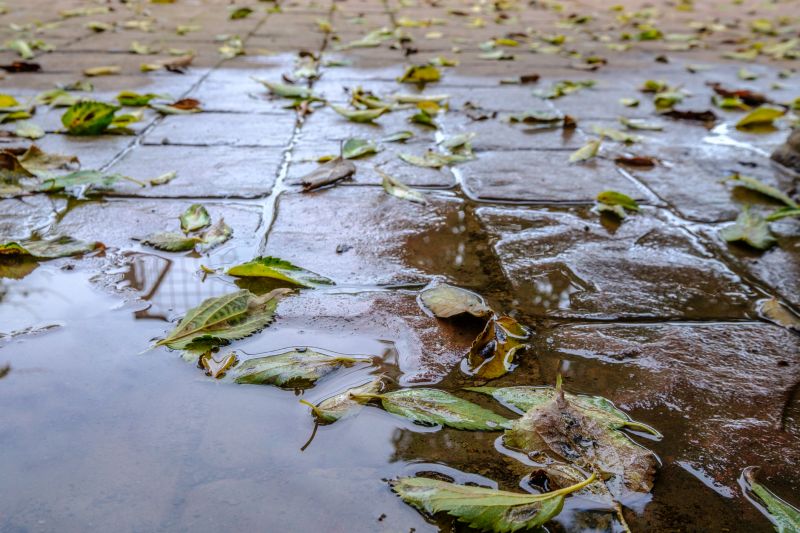
Fall provides cooler weather and less precipitation, ideal for concrete repairs.
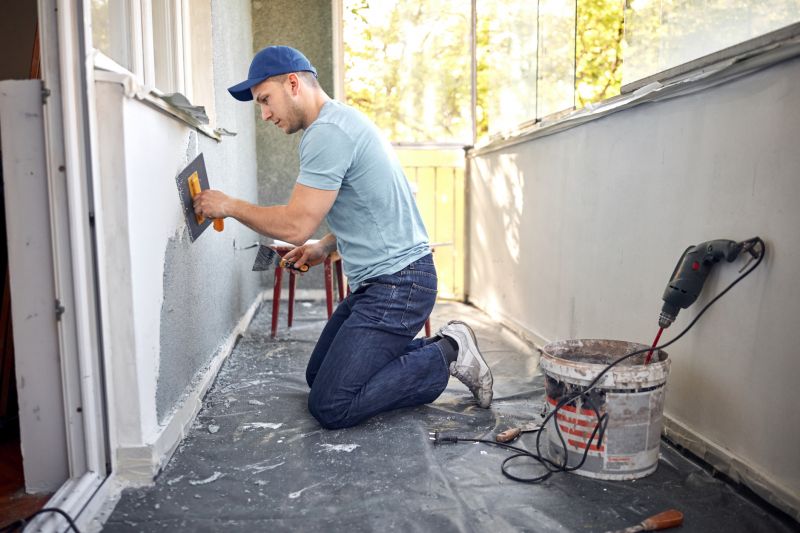
Ways to make Concrete Repairs work in tight or awkward layouts.
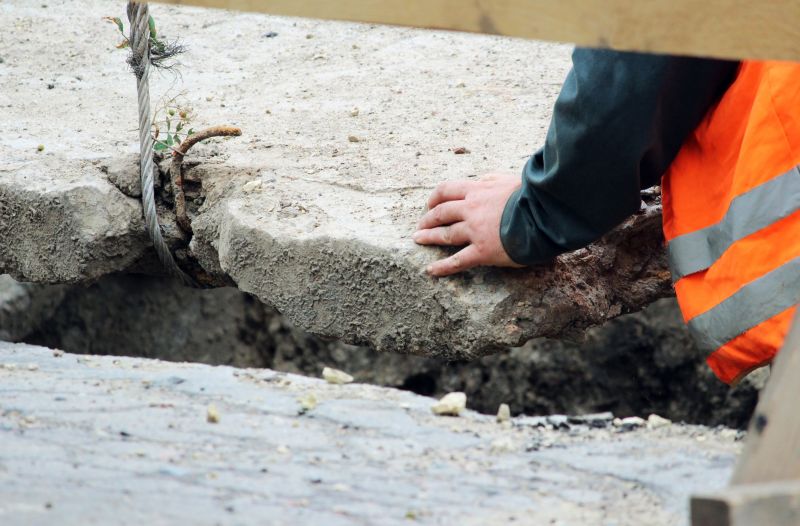
Popular materials for Concrete Repairs and why they hold up over time.
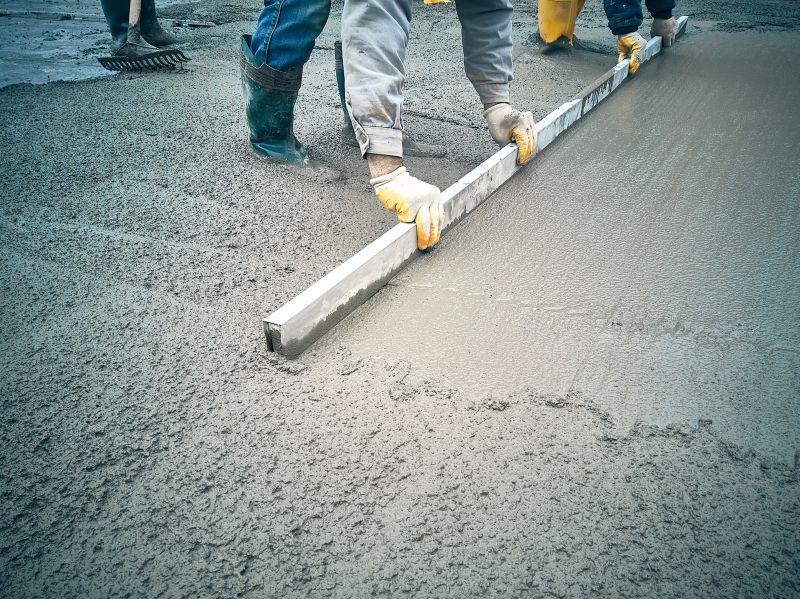
Simple add-ons that improve Concrete Repairs without blowing the budget.
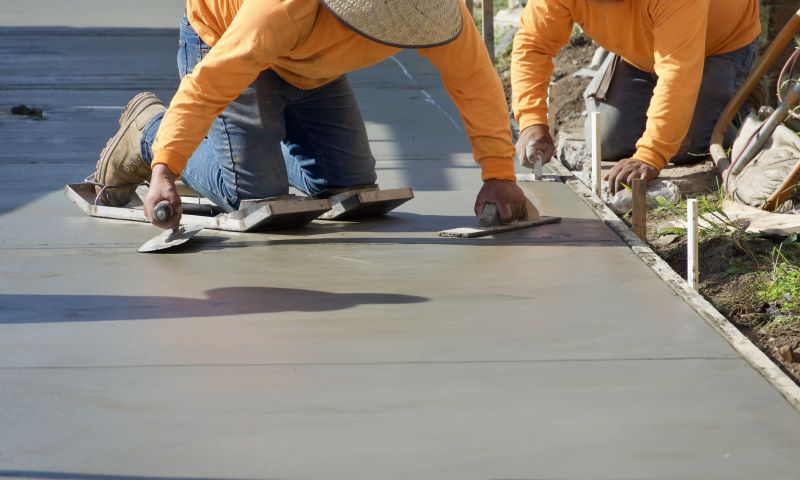
High-end options that actually feel worth it for Concrete Repairs.
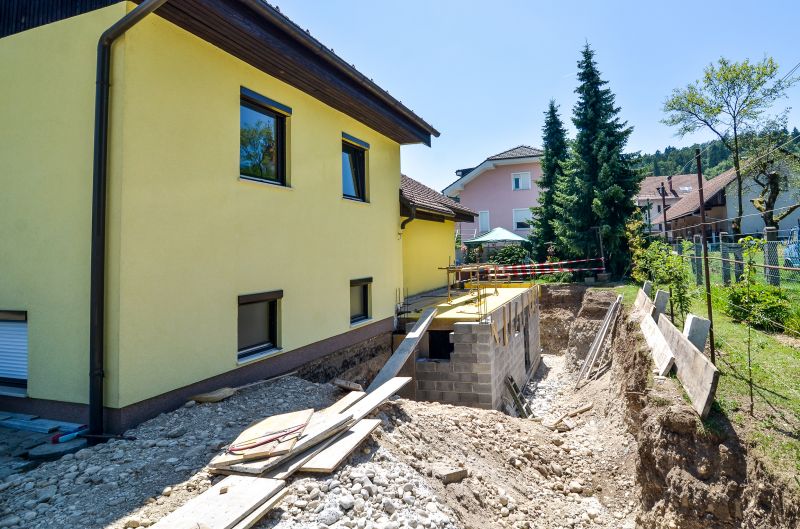
Finishes and colors that play nicely with Concrete Repairs.
| Season | Suitable Conditions |
|---|---|
| Spring | Moderate temperatures, low precipitation |
| Summer | Early morning or late evening repairs recommended |
| Fall | Cooler temperatures, dry weather |
| Winter | Not recommended due to freezing temperatures |
Concrete repairs involve restoring damaged or deteriorated concrete surfaces to improve their strength, appearance, and functionality. Proper timing ensures that repairs cure correctly, preventing future issues such as cracking, spalling, or scaling. Weather conditions play a crucial role; performing repairs during periods of stable, mild weather enhances adhesion and durability.
Statistics indicate that repairs done in optimal weather conditions can extend the lifespan of concrete surfaces by several years. Delaying repairs or performing them during unsuitable weather can lead to increased costs and more extensive damage over time. Proper planning and scheduling are essential for achieving the best results.
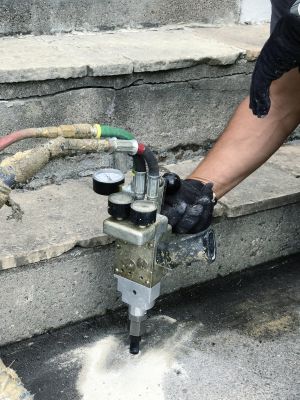
Preparation and timing are key to successful repairs.
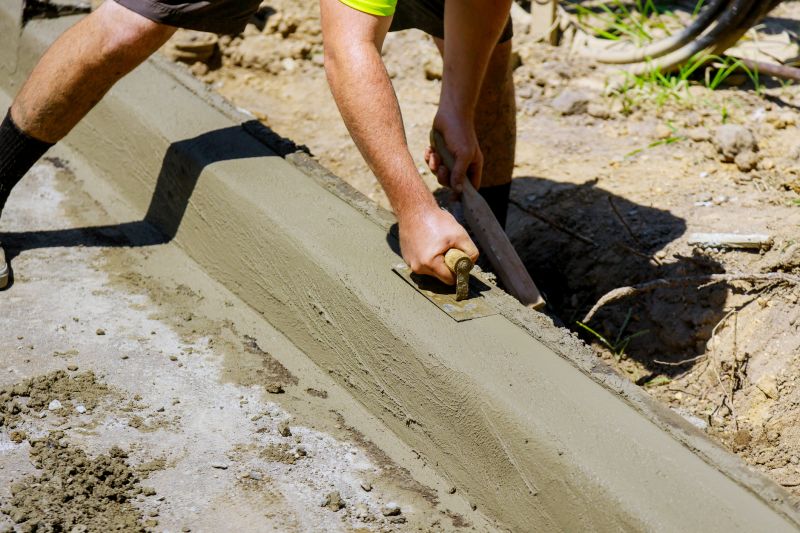
Proper curing ensures strength and longevity.
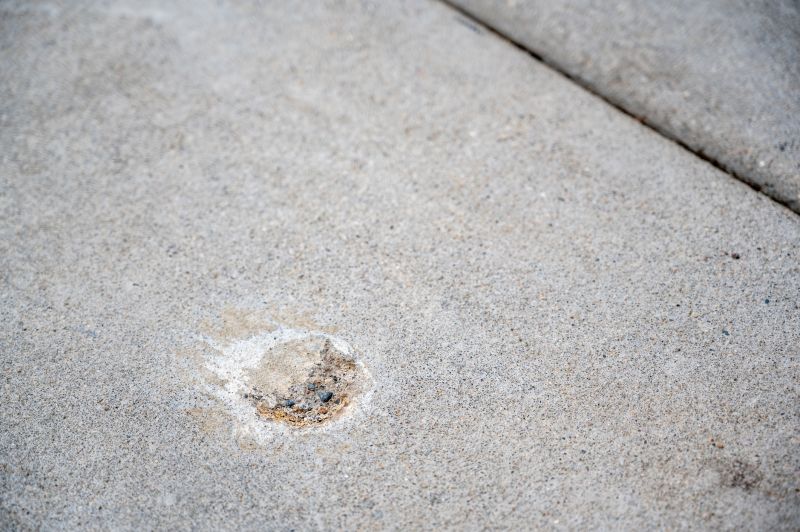
Weather conditions directly affect repair quality.
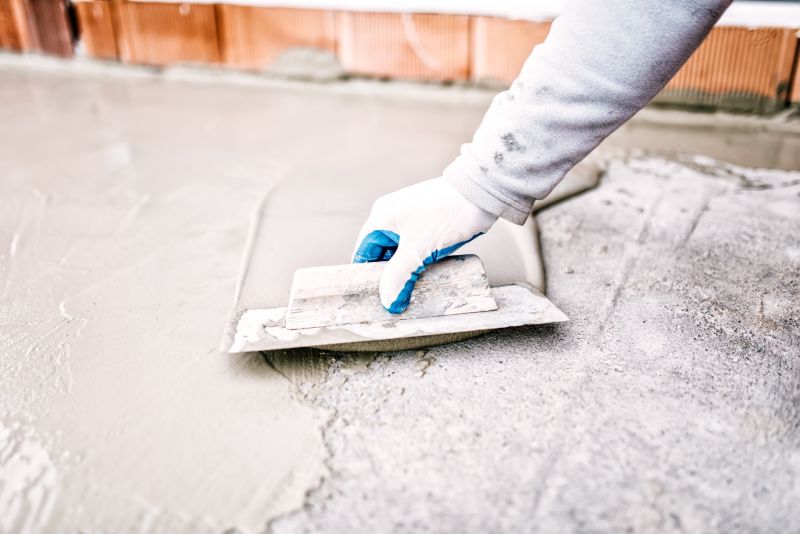
Timely repairs result in durable, long-lasting surfaces.
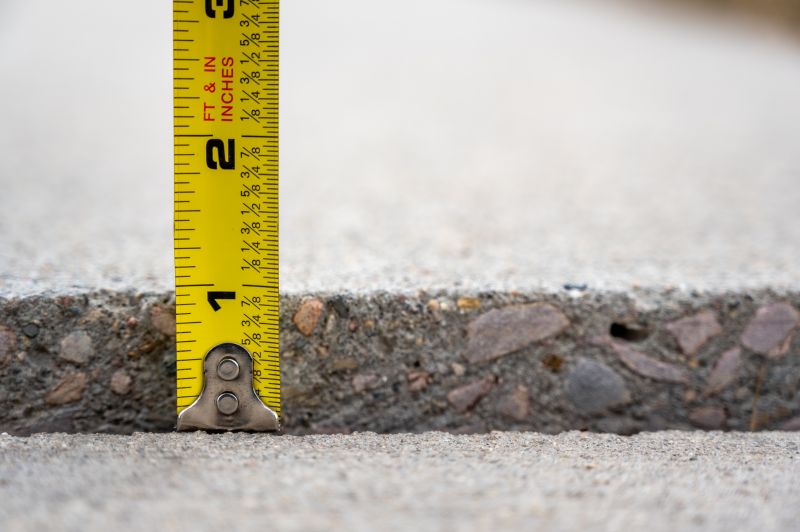
Little measurements that prevent headaches on Concrete Repairs day.
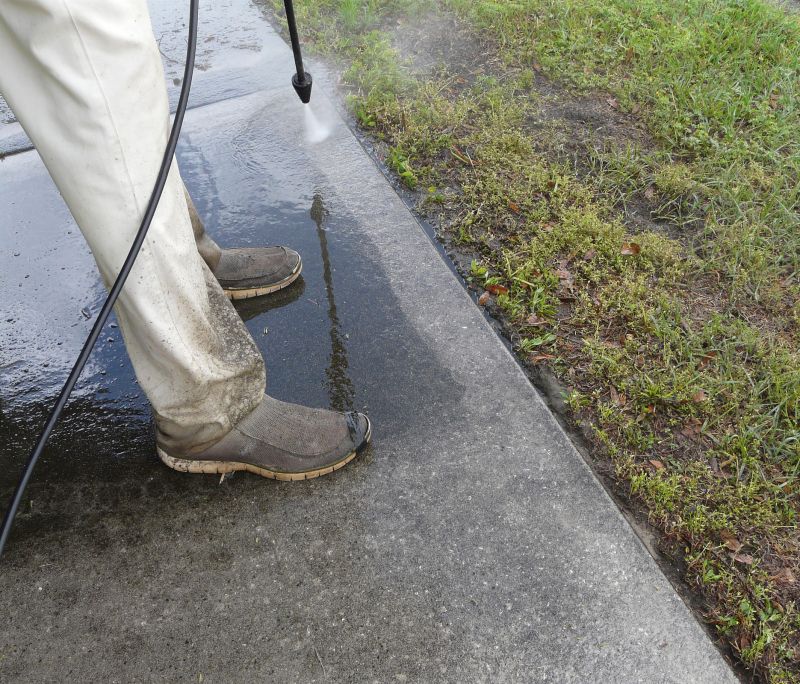
A 60-second routine that keeps Concrete Repairs looking new.
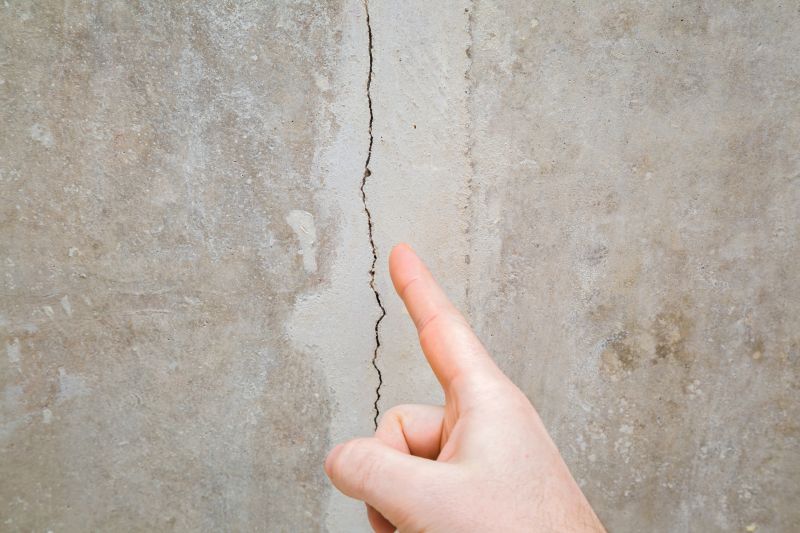
A frequent mistake in Concrete Repairs and how to dodge it.
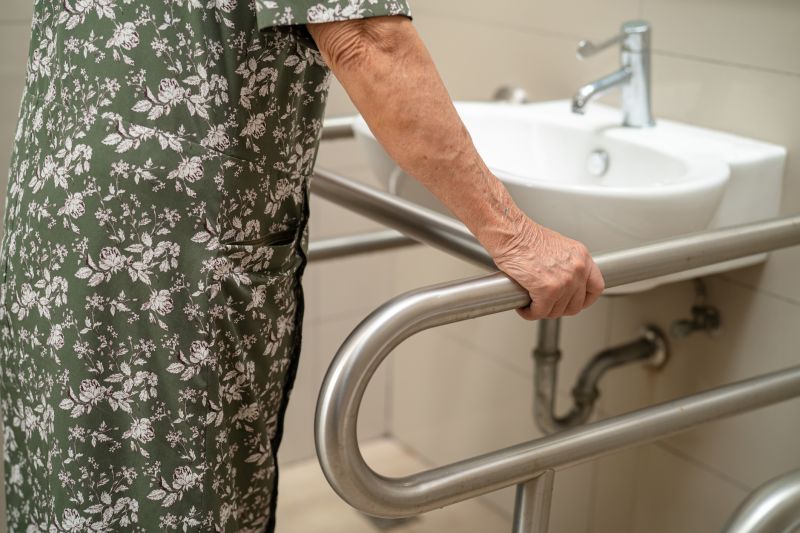
Small tweaks to make Concrete Repairs safer and easier to use.
Interested in scheduling concrete repairs? Filling out the contact form can help determine the best timing for specific project needs and ensure optimal results based on local weather patterns in Elizabethtown, KY.
